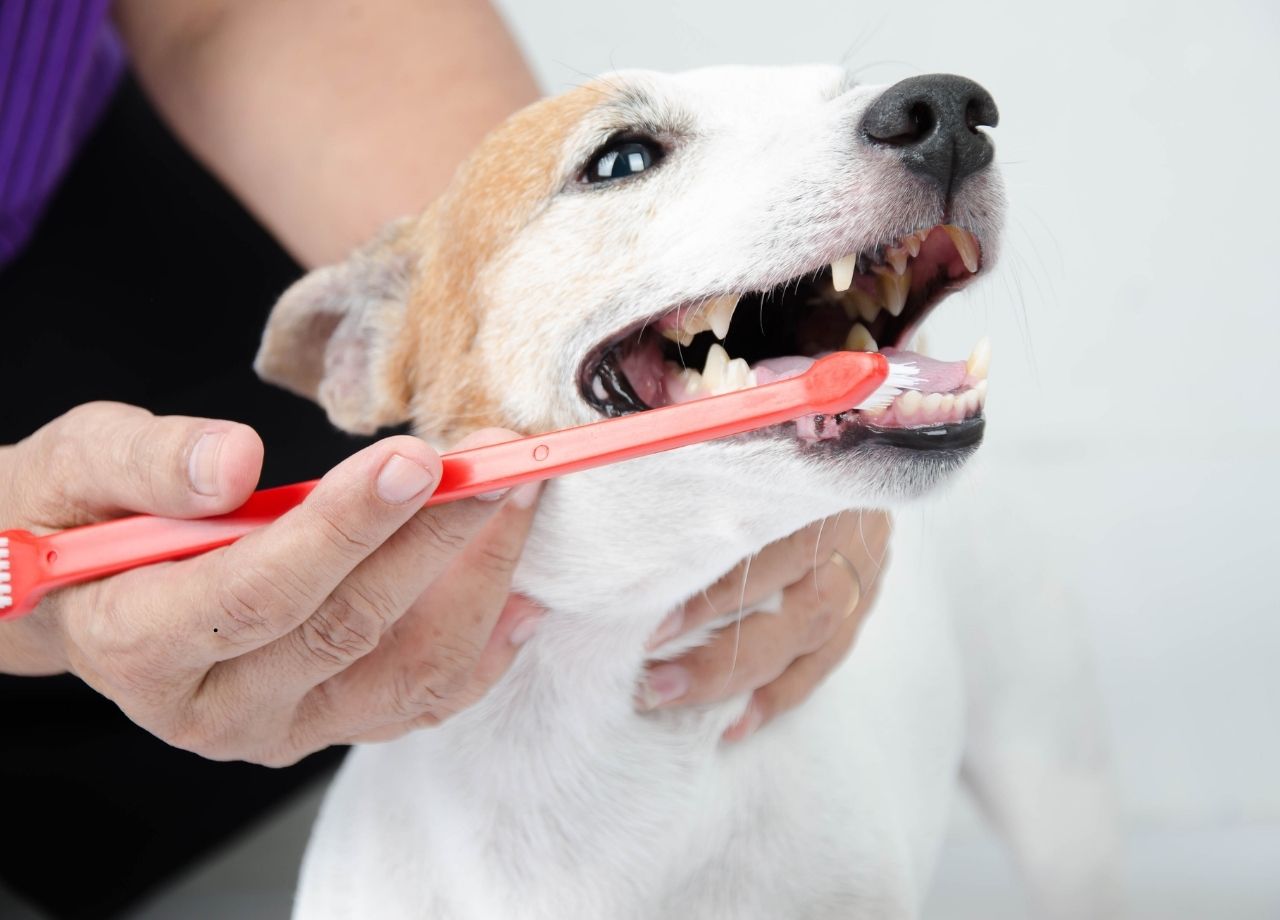Caring for a pet in a city like Boston is a rewarding but often expensive responsibility. Between regular check-ups, emergency visits, vaccinations, and everyday necessities like food and grooming, the costs can add up quickly. The good news? Providing excellent care for your pet doesn’t have to drain your wallet. With a proactive mindset and the right approach, pet owners can keep their furry family members healthy without overspending.
At Metrovet Veterinary Clinic, we understand the financial concerns many pet owners face, especially in a city where living costs are already high. While this post isn’t a pitch for our services, we know the value of accessible, preventive care, and it’s worth stating that early interventions and wellness planning can reduce long-term expenses. That being said, this article is meant to provide general guidance, not medical advice. For specific concerns, always consult your veterinarian.

Understanding Preventive Care as a Cost-Saving Strategy
Preventive care is the cornerstone of affordable pet health. The logic is simple: catching potential issues early reduces the likelihood of needing costly emergency treatment later. Routine wellness exams, annual bloodwork, and consistent vaccination schedules are all part of this equation.
For example, dental disease in dogs and cats often begins subtly, with tartar buildup and gum irritation. Left unchecked, it can progress into painful infections that require extractions or even surgery. A basic dental cleaning may cost a few hundred dollars, but advanced dental procedures can exceed a thousand. Regular oral care and early detection help avoid those larger expenses.
Preventive flea, tick, and heartworm medications are another smart investment. Boston’s climate allows parasites to thrive for a good portion of the year. The cost of monthly prevention is far less than treating heartworm disease, which involves months of painful, intensive therapy.
Nutrition: Spend Smart, Not Big
Feeding your pet well doesn’t mean opting for the most expensive brand on the shelf. Many budget-conscious owners mistakenly believe that premium price tags equal premium health outcomes. But a well-balanced diet that meets your pet’s nutritional needs can come from affordable, veterinarian-recommended options.
That said, beware of ultra-cheap foods filled with fillers and subpar ingredients. Poor nutrition can lead to obesity, gastrointestinal issues, or chronic skin conditions—each with its own cost to treat. Look for foods that meet AAFCO standards, and talk to your vet about what’s appropriate for your pet’s age, breed, and health status.
Another tip: Avoid overfeeding. Pet obesity is a growing issue, and it brings a long list of health problems with it, from diabetes to joint disease. Feeding the right portions based on your pet’s ideal weight will keep them healthier and save money on treatment down the road.
Vaccinations and Parasite Control Aren’t Optional
Vaccinations protect pets from a wide range of diseases, some of which are potentially fatal. In Boston, where pets often interact in urban parks and shared outdoor spaces, diseases like leptospirosis and kennel cough are more than just theoretical risks.
Staying on top of your pet’s vaccine schedule helps prevent these illnesses and reduces the chances of unexpected emergency vet visits. Ask your vet if they offer vaccine bundles or wellness plans that allow for manageable monthly payments instead of large lump sums.
Parasite control is equally essential. Fleas and ticks are not just annoyances; they can transmit serious diseases, including Lyme disease. Intestinal parasites can affect both pets and people. A consistent deworming and parasite prevention plan keeps your household healthier overall.

Adopt, Don’t Shop—But Do It Wisely
If you’re in the process of choosing a new pet, adoption is a financially sound and ethically responsible option. Shelters and rescue groups often include spaying/neutering, vaccinations, and microchipping in their adoption fees, which are typically lower than purchasing a pet from a breeder.
However, do your homework. Some rescue pets may come with behavioral or medical challenges. That doesn’t mean they can’t become wonderful companions—just be honest about your ability to provide ongoing care. A “free” pet can quickly become expensive if underlying health conditions go undetected.
Pet Insurance: Yes, It Can Be Worth It
Pet insurance is gaining traction in Boston, especially among pet parents who want to guard against unexpected costs. While it’s not right for everyone, a good policy can provide peace of mind. Emergency surgery, hospitalizations, or long-term illness management can result in significant bills.
Compare plans carefully. Some cover only accidents, while others include illness and even preventive care. The key is enrolling while your pet is still young and healthy, as most policies won’t cover pre-existing conditions.
If insurance feels like a stretch, consider setting up a dedicated savings account for pet expenses. A small monthly contribution can build into a cushion for emergencies or routine care.
Home Grooming and At-Home Care Can Save a Lot
Regular grooming isn’t just about keeping your pet looking cute. It helps prevent infections, skin conditions, and even painful matting, especially in long-haired breeds. Learning basic grooming techniques at home—like brushing, nail trimming, or cleaning ears—can cut costs significantly.
That said, some grooming tasks are best left to professionals. If your pet becomes highly stressed or if you’re unsure about proper technique, the risk of injury might outweigh the savings. Start slow and build confidence with simple tasks.
Home monitoring also matters. Get in the habit of doing mini health checks. Look for changes in weight, appetite, coat condition, or behavior. Early detection often means simpler, more affordable treatment.
Community Resources and Low-Cost Clinics in Boston
Boston has several nonprofits and community clinics that offer affordable services. These include vaccination drives, discounted spay/neuter programs, and basic wellness exams. While these may not replace full-service veterinary care, they can be a vital safety net.
It’s worth researching which organizations operate in your area and what qualifications they may require. Some services are income-based, while others are open to all pet owners. These programs can bridge the gap when finances are tight.
The True Cost of Delaying Care
Postponing veterinary visits due to cost is an understandable instinct, but it often backfires. A minor ear infection, if left untreated, can evolve into a ruptured eardrum. A limp could indicate a simple sprain—or a torn ligament needing surgery. Time magnifies both the health consequences and the financial burden.
Instead of waiting, talk to your vet about payment plans or cost-effective treatment alternatives. Many clinics, including ours at Metrovet, are willing to work with pet owners to prioritize care without compromising health.
Final Thoughts: Budgeting for Love and Longevity
Affordable pet care in Boston isn’t about cutting corners—it’s about making informed, proactive decisions. With the right strategies, you can protect your pet’s health and your wallet at the same time.
Prioritize preventive care. Feed a balanced diet. Stay up-to-date on vaccines and parasite protection. Explore community resources. Learn basic home care. And most importantly, treat veterinary visits as an investment, not a luxury.
Your pet counts on you not just for love and companionship, but also for their wellbeing. With a little planning, that responsibility doesn’t have to break the bank.
Disclaimer: This blog post is for informational purposes only and does not replace professional veterinary advice, diagnosis, or treatment. Always consult your veterinarian for specific guidance regarding your pet’s health.

